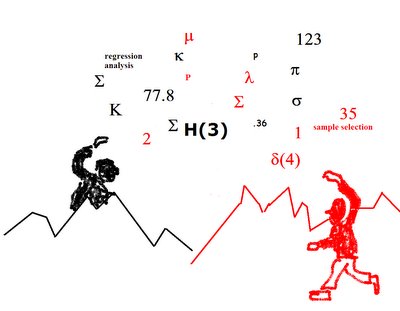
Recently I mentioned a National Law Journal article about the debate between two empirical researchers, Theodore Eisenberg and W. Kip Viscusi. If you're curious, here are two of the formal articles:
Joni Hersch & W. Kip Viscusi, Punitive Damages: How Judges and Juries Perform, 33 J. Legal Stud. 1 (2004).
Abstract
This paper presents the first empirical analysis that demonstrates that juries differ from judges in awarding punitive damages. Our review of punitive damages awards of $100 million or more identified 63 such awards, of which juries made 95 percent. These jury awards are highly unpredictable and are not significantly correlated with compensatory damages. Using data on jury and bench verdicts from the Civil Justice Survey of State Courts, 1996, we find that juries are significantly more likely to award punitive damages than are judges and award higher levels of punitive damages. Jury awards are also less strongly related to compensatory damages. The differential effect of juries is most pronounced among the largest awards. Juries also tend to award higher levels of compensatory damages, which in turn boost the punitive damages award. The findings are robust with respect to controlling for self-selection of jury or bench trial.
Theodore Eisenberg & Martin T. Wells, The Significant Association Between Punitive and Compensatory Damages in Blockbuster Cases: A Methodological Primer
This article assesses the relation between punitive and compensatory damages in a data set, gathered by Hersch and Viscusi (H-V), consisting of all known punitive damages awards in excess of $100 million from 1985 through 2003. It shows that a strong, statistically significant relation exists between punitive and compensatory awards, a relation that replicates similar findings in nearly all other analyses of punitive and compensatory damages. H-V's claim that no significant relation exists between punitive and compensatory awards in these data appears to be an artifact of questionable regression methodology.Filed in: punitive-damages, judges, juries, empirical-studies, Eisenberg, Hersch, Viscusi, Wells
Graphic by mw.

No comments:
Post a Comment